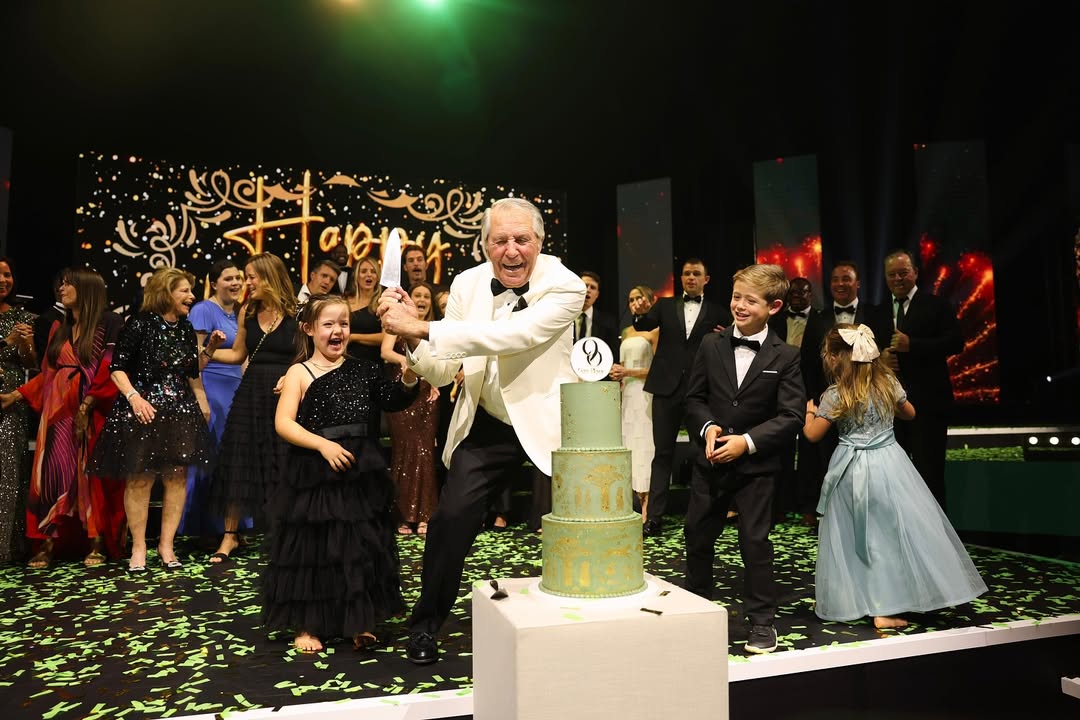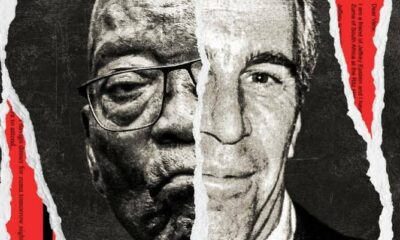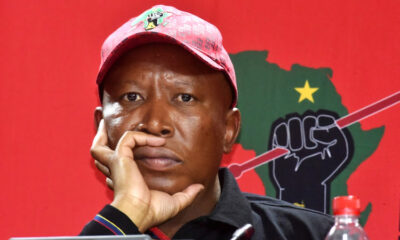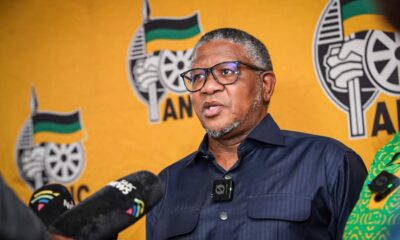News
Gary Player’s BEE Comments Ignite Political Firestorm

Follow Joburg ETC on Facebook, Twitter , TikTok and Instagram
For more News in Johannesburg, visit joburgetc.com
Published
3 months agoon

At 90 years old, Gary Player is a global golfing icon, a name synonymous with South African sporting excellence. But this week, the celebrated champion finds himself in a different kind of rough, facing a fierce political backlash that has dragged his legacy and his politics firmly into the public spotlight.
The controversy erupted over the weekend during the black-tie festivities for his birthday celebration at Sun City. Player voiced strong concerns about South Africa’s transformative policies, specifically calling on the government to “get rid of” legislation like Black Economic Empowerment (BEE) and the Expropriation Bill, fearing for his local properties and businesses.
The response from the political arena was swift, severe, and deeply personal.
The most visceral condemnation came from former ANC veteran Carl Niehaus, who launched a blistering attack on social media platform X. Niehaus didn’t just disagree with Player’s views; he challenged the very foundation of his right to express them, painting a picture of the golfer as a willing beneficiary of the apartheid regime.
“Gary Player was Apartheid’s golden boy,” Niehaus wrote. He accused Player of counting architects of apartheid like Vorster and Botha among his “closest friends,” accepting their patronage and using his international fame to “smash the international sports boycott” that aimed to isolate the racist state.
Niehaus contrasted Player’s global jet-setting and wealth accumulation with the brutal realities of apartheid, stating, “While police gunned down children in Soweto, Player jetted abroad.” He concluded that Player’s fortune is a “direct dividend” of apartheid and that his lecture on “merit” was the ultimate hypocrisy, telling the golfing legend to “shut up.”
The criticism was not confined to individual politicians. The GOOD Party, led by Patricia de Lille, issued a formal statement condemning Player’s “troubling disregard for South Africa’s constitutional commitment to redress.”
The party argued that opposing transformative policies like BEE undermines the constitutional pillars of equal justice and opportunity, a central tenet of the post-apartheid settlement.
This incident also resurrected past suspicions about Player’s influence. Earlier this year, ANC Secretary-General Fikile Mbalula claimed he knew “for a fact” that Player didn’t speak favorably about the South African government to his friend, former US President Donald Trump, who has himself promoted the debunked narrative of “white genocide” in the country.
The conversation online has been fiercely divided. While some supporters agree with Player’s stance on BEE, the dominant narrative, fueled by these powerful political voices, has framed the golf legend as a man out of touch with the painful history and ongoing economic struggles of the country that made him famous. For a man who built a legacy on precision and control, this public maelstrom is an unpredictable and damaging slice of rough.
{Source: TheSouthAfrican}
Follow Joburg ETC on Facebook, Twitter , TikTok and Instagram
For more News in Johannesburg, visit joburgetc.com


Jacob Zuma Foundation dismisses Epstein dinner claims as smear campaign


Malema signals a shift as EFF reaches out to white voters ahead of local polls


ANC launches hotline to improve municipal service delivery ahead of elections


Brown Mogotsi Standoff Deepens As Parliament Moves To Subpoena Him


The R20bn Vote of Confidence: Inside SA’s Overhauled Transformation Fund


EFF hails data rollover ruling but says South Africans are still paying too much















